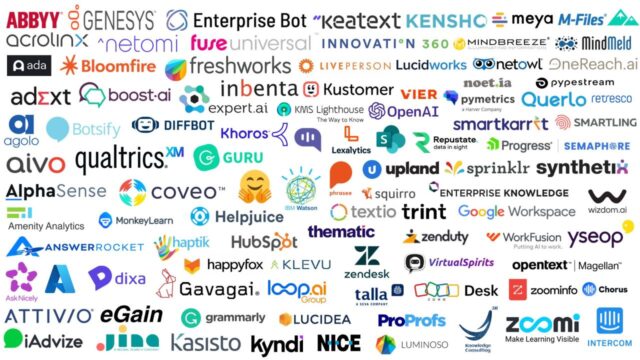
How might generative artificial intelligence affect knowledge management theories?
As has been happening across society, there is considerable interest in the knowledge management (KM) community in regard to generative artificial intelligence (AI), notably ChatGPT.
To help provide sound evidence-based foundations for moving forward, KM researchers are starting to explore how generative AI such as ChatGPT can assist KM. One of the first papers1 to be published takes an initial look at how generative AI may serve as a new context for management theories and concepts, including KM theories. Paper authors Korzynski and colleagues advise that their paper is an opinion piece article and does not refer to empirical data. However, they contend that it’s conclusions can inform further empirical research studies.
Korzynski and colleagues alert that generative AI can play an important role in KM, i.e. the process of collecting, compiling, analyzing and disseminating knowledge within an organization. As a result, the new technology sheds new light on KM theories and frameworks and offers new potential for research studies. Recent studies show that AI can be used, for example, for KM activities including information retrieval, topic modeling, text mining, as well as personalization of e-learning environments, or automatic document summarization.
Given this potential, Korzynski and colleagues go on to discuss how ChatGPT and other generative AI tools can affect the most popular theories of KM.
Nonaka and Takeuchi’s theory of knowledge multiplication points out that the creation of knowledge is a dynamic process where tacit and explicit knowledge is converted as a result of the interplay of socialization, externalization, combination and internalization. Generative AI can help facilitate each of these processes. For example, in socialization, ChatGPT can make the transfer of tacit information through in-person interactions easier by becoming a platform for virtual, distributed teams, allowing their members to share and exchange knowledge and information regardless of location. Previous studies have already confirmed the positive role of AI in knowledge sharing; however, thanks to the conversational mode of ChatGPT, it may bring some new opportunities. Specifically, compared to other chatbots, ChatGPT can generate answers to open-ended questions and provide more personalized responses by adjusting to a user’s language over time. Generative AI may also affect how people assimilate and process new information.
Kolb’s learning model establishes a framework that consists of four stages: concrete experience, reflective observation, abstract conceptualization and active experimentation. Previous AI research has shown that conceptualization is one of the AI capabilities. Compared to previous AI systems, ChatGPT has access to more diverse and larger datasets and is trained on advanced deep learning techniques such as transformer models, which have significantly improved the ability of AI systems to generate coherent and contextually appropriate responses.
Korzynski and colleagues further advise that generative AI can also bring to light several aspects signaled already in the literature. Some of them include issues such as whether the sharing of best practices is still crucial to accumulating and using knowledge in an organization or whether social capital – considered as the resources contained in social relationships – is a critical factor in facilitating knowledge generation. In concluding their KM discussion, Korzynski and colleagues state that ChatGPT raises new questions and offers new perspectives in the creation of not only new frameworks and best practices, but also novel theories and models.
Article source: Generative artificial intelligence as a new context for management theories: analysis of ChatGPT, CC BY 4.0.
Header image source: Jud Mackrill on Unsplash.
Reference:
- Korzynski, P., Mazurek, G., Altmann, A., Ejdys, J., Kazlauskaite, R., Paliszkiewicz, J., … & Ziemba, E. (2023). Generative artificial intelligence as a new context for management theories: analysis of ChatGPT. Central European Management Journal, 31(1), 3-13. ↩




